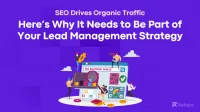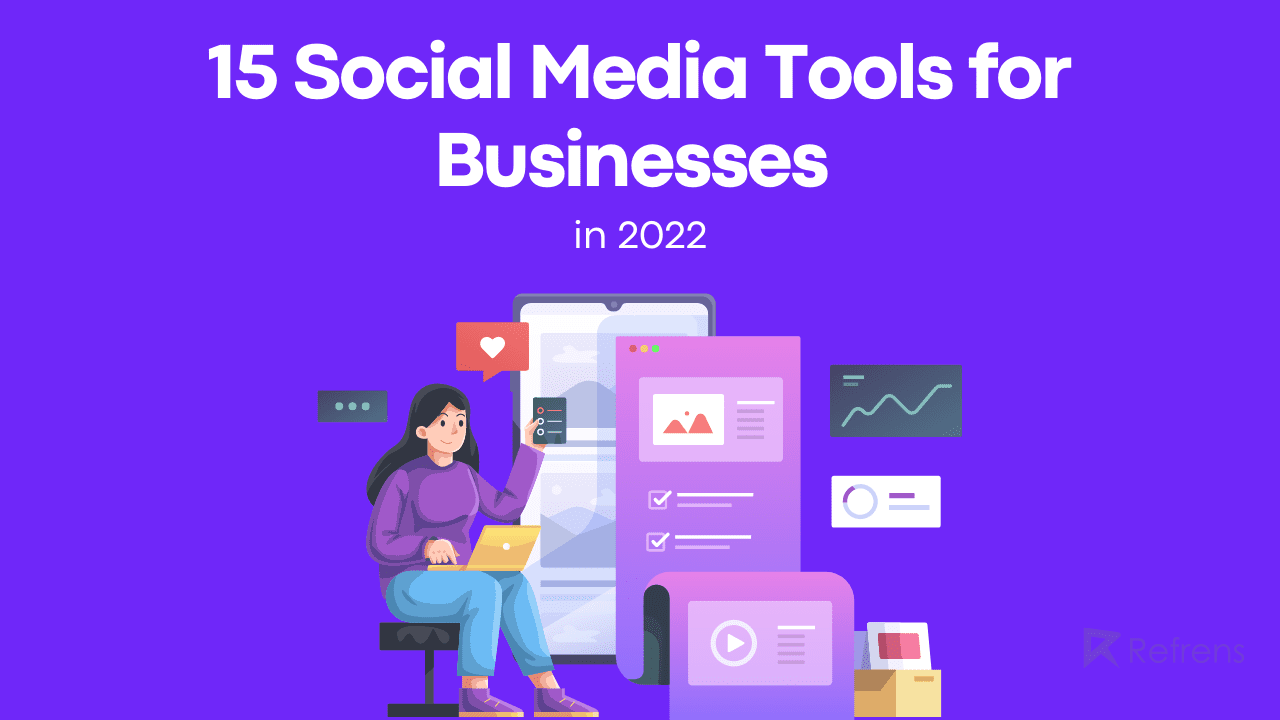Search engine optimization (SEO) is one of the thriving industries today—we could even go as far as saying it’s one of the most in-demand industries, so exploring this venture is a worthwhile cause. If you are planning to enter this industry or are currently part of an outsourcing SEO agency, then you should arm yourself with a couple of tools and resources every professional should know to boost your efficiency and overall success in the field.
What are the four main components of SEO?
Before we proceed with the tools and resources, you must first identify and understand the core components of SEO that serve as the foundation of a successful strategy. On-page SEO. From the name itself, on-page SEO is focused on optimizing everything that’s found within your website, which includes keywords, tags, URLs, headers, and meta descriptions, to name a few.
Off-page SEO. On the other hand, off-page SEO deals with optimizing everything else outside of your website, which includes earning links and mentions of your site online as well as shares on various social media platforms.
Technical SEO. This SEO component is the act of optimizing your website to make it easier for visitors and search engine crawlers to navigate through it by improving your page load speed and optimizing it for mobile friendliness.
Content. Finally, we have content, which is the very thing that generates more traffic to your site, boosts visibility, and generates good leads that hopefully turn into conversions.
Keyword research tools
The primary step of every SEO process is keyword research, which refers to identifying certain keywords and terms that potential customers use to find goods and services related to their queries.
Google Keyword Planner. One of the best free tools for keyword research is Google Keyword Planner. It comes in pretty handy because it gives you valuable information on several aspects like your competition, keyword search volume, as well as forecasts.
Ahrefs. Compared to the former, Ahrefs is considered the “best tool for SEO pros” because it’s packed with a lot of comprehensive features that help professionals develop websites better. It comes with a subscription fee of $99 monthly, though, but it offers a lot of other key features that are beneficial to your SEO strategies.
Semrush. If you’re looking for that one toolkit that caters to your every SEO need, then you should check out Semrush. It’s an all-in-one digital marketing platform that offers similar features and more than the two aforementioned. The only downside to this tool is that it comes with a somewhat hefty price tag of $129.95 monthly, but it’s considered a wealthy investment for your SEO needs.
Google Trends. If you want to focus more on tracking keywords, then we suggest you opt for Google Trends instead. It’s also a free tool that provides you with real-time data regarding keyword popularity and search trends, but it comes with two cons: you can’t save keywords, and there are zero keyword metrics.
Since we’re at it, we advise you to focus on local SEO in Brisbane or wherever vicinity you are to identify relevant tags and keywords unique to that locality.
SEO audit tools
To evaluate your website’s overall function and identify areas for improvement, you need to conduct a routine SEO audit. To do so, there are a few tools you can use to uncover your site’s issues and identify areas of opportunity.
Screaming Frog. One of the best tools for SEO audits is Screaming Frog since it gives you the option to allow your whole website, which helps you discover unnoticed elements that impact organic search ranking. It’s a subscription-based tool that costs &149 yearly, but on the upside, they offer a 7-day free trial so you can get a feel for and explore its many features.
Moz. Another handy SEO tool for audits is Moz, and it’s a pretty popular option for beginners because of its easy-to-use interface. It also tracks ranking, analyzes backlinks, and offers many useful features that can help you identify SEO issues. It’s also a paid subscription that starts at $99 monthly.
SEOptimer. If you’re looking for a free website that gets the SEO auditing job done, then you can try SEOptimer instead; it can optimize a website in just half a minute. It doesn’t compromise data and provides in-depth analysis, though it only has limited features.
SE Ranking. Another hit tool for SEO audits is SE ranking since it boasts a competitive website crawler that can easily identify errors and issues within your website. It’s also relatively cheaper compared to the aforementioned options since it not only costs $55 monthly but also offers a 14-day free trial.
Backlink analysis tools
For your website to be considered reliable and the leading authority in your chosen niche, it should be credible. One effective way to achieve this is by leveraging a Link Building Services to incorporate high-quality backlinks that boost your visibility and generate more traffic. Backlink analysis tools help you examine your backlink profile, allowing you to spot opportunities for creating high-quality backlinks and strengthening your website’s authority
Google Search Console. As a free tool, Google Search Console does a pretty impressive job of helping improve one’s website. You can have as many as 1,000 backlinks checked, which is a welcome feature apart from providing crucial information about your backlinks.
Ahrefs. We’ve listed Ahrefs before, and we’re mentioning it again because it’s one of the best when it comes to backlink analysis. Plus, you can even get an anchor text analysis for free; you just need to sign up! It does offer a paid plan, but you can utilize their free one to get a feel of things.
Majestic SEO is self-proclaimed as the “planet’s largest link index database,” and for good reason: it specializes in backlink analysis. You can check inbound keywords and links to your site, check domains, and trust flow metrics.
Moz Link Explorer. Another tool that provides you with detailed information about your website’s backlinks is Moz Link Explorer; it also provides you data on what your most valuable pages are as well as anchor text and link domains.
These tools and resources are more than enough to get you started on your freelancing SEO journey. Take time and see which tool works best for you in optimizing your client’s website so you can help them achieve more online visibility, generate traffic, and achieve long-term SEO success.
Tips to achieve SEO success
The reason business owners and investors tap local SEO services is that they want to be more visible and make more sales at the end of the day. Additionally, you can help your client achieve all this and more by doing the following:
Fully optimize your content. This includes your title, heading, product descriptions, blogs—pretty much everything—so that your chances of ranking higher in search engines go up even by a small percentage. In addition to that, make sure that your content is also engaging and highly informative, directly answering the customers’ inquiries.
Improve the user experience. Your website should have a fast loading speed and be easy to navigate to make it easier for the users to explore it. The more positive experience they have on your site, the more search engines will mark your site as a trusted one, instantly boosting your ranking. Your website should load easily no matter what device customers use to browse through it.
Include image alt text. Not everybody has the mental capacity to read large chunks of body text; don’t make the mistake of doing this. Your information should be read in sizable portions, and it also incorporates a visual at least every 300 to 500 words so it’s not too overwhelming to read. Before including your image, make sure that it’s compressed so it doesn’t make your page’s loading speed lag.
Align your content with search intent. If you’re really bent on making your website rank higher, then you have to put out content that meets the user’s intent. You have to directly answer their questions and provide additional useful information. Once you have a better understanding of the target keyword, you can create the right content that answers that intent.
Fix broken links. One simple mistake that can take a toll on your rankings is not fixing the broken links; make sure you sweep through your site and check that all links are working perfectly before going live. You can also reach out to the owner of the website to ask them to get it fixed, which will also benefit your site.
Craft user-friendly URLs. SEO is all about relevance, so when you’re creating your page’s URLs, make them short and concise, highlighting the main topic of your content.
Create branded keywords. If you truly want to stand out among the crowd, then you can start by creating your own terms, which is possible by using existing targeted keywords and adding a twist to them. However, make sure that the branded keywords are unique, short, and easy to remember.
SEO is continuously evolving, so depending on the digital landscape, you may need to adjust your strategies accordingly. The good news is that there’s always a new thing to learn and more than one way to achieve SEO success.


















